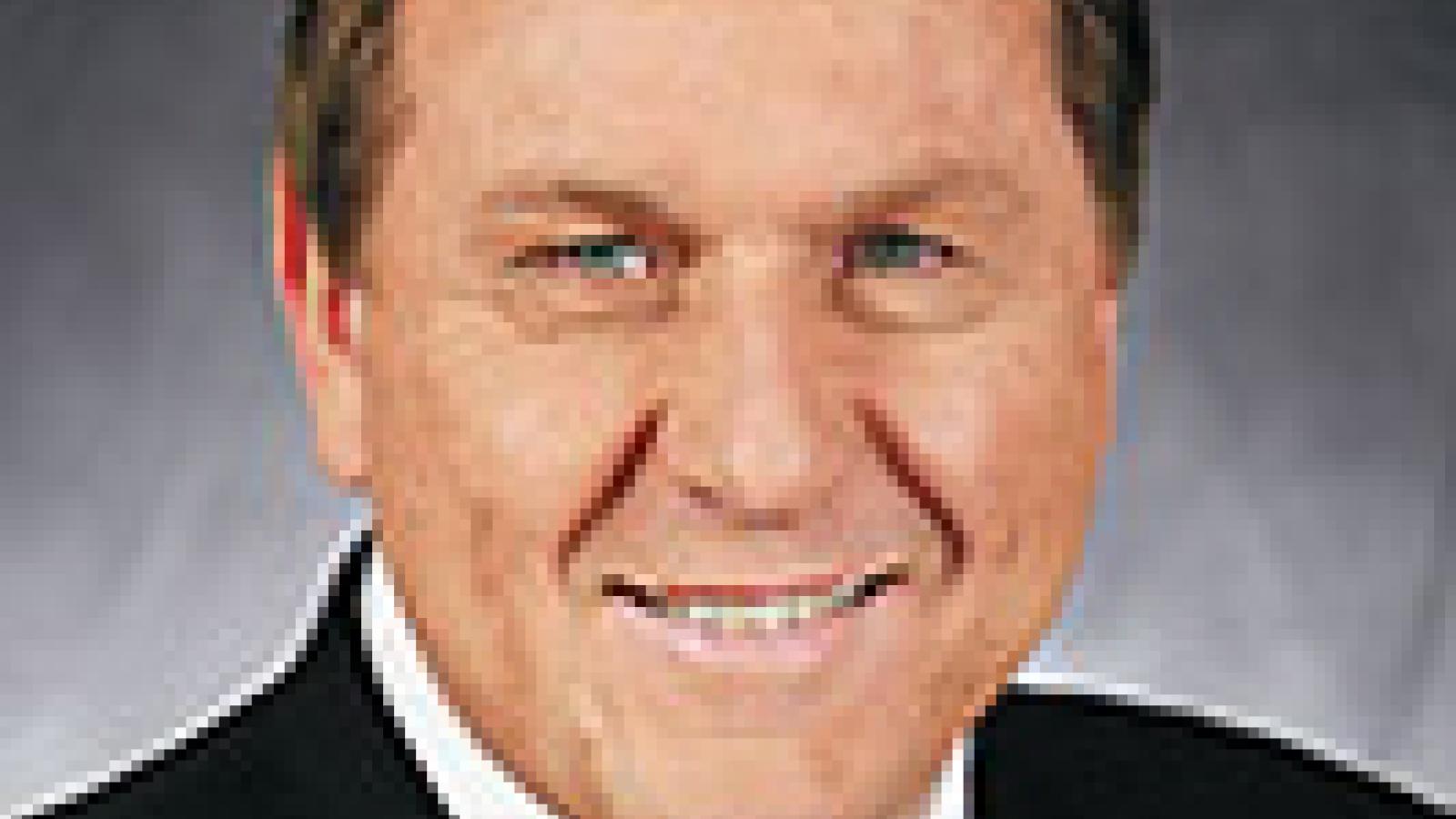This year the fight for higher wages will be fiercer, but low-wage workers may start to find allies in unlikely places.
2014 ended with intense strike activity by workers at the ports, at Wal-Mart stores, at fast food chains and in government buildings. They are demanding higher wages, fairer treatment and the right to form a union. They have earned public sympathy as the year also ended with four states voting to raise the minimum wage. More cities and states are certain to follow.
Our greatest achievement was establishing a strong middle class — an accomplishment of the labor movement and collective bargaining, and Americans want it back. Unfortunately, pressure will continue to shrink the middle class by sending good jobs overseas, lowering wages and weakening workers’ rights. At the forefront of that effort will be short-sighted political extremists beholden to corporate donors.
We expect continued assaults on hours-of-service regulations that would require truck drivers to work longer hours; battles to lower wages through right-to-work legislation; and bills to make it illegal for municipalities to raise the minimum wage.
We may be surprised by who begins to support higher wages for workers — after all, the same voters elected Republican candidates and to raise the minimum wage. They understand that low wages hurt everybody.
Now corporations are getting it, too. Sixty-eight percent of the top 100 retailers in the U.S. — including Wal-Mart, McDonald's and J.C. Penney — say the country's stagnant wages pose a major threat to their bottom lines, according to a Center for American Progress report. More than two-thirds warned investors that profit could be hampered by flat wages, unemployment and low consumer spending.
We’ll find out in 2015 if any take the side of higher wages — even if it’s for their own self-interest.
James P. Hoffa, General President, Teamsters


